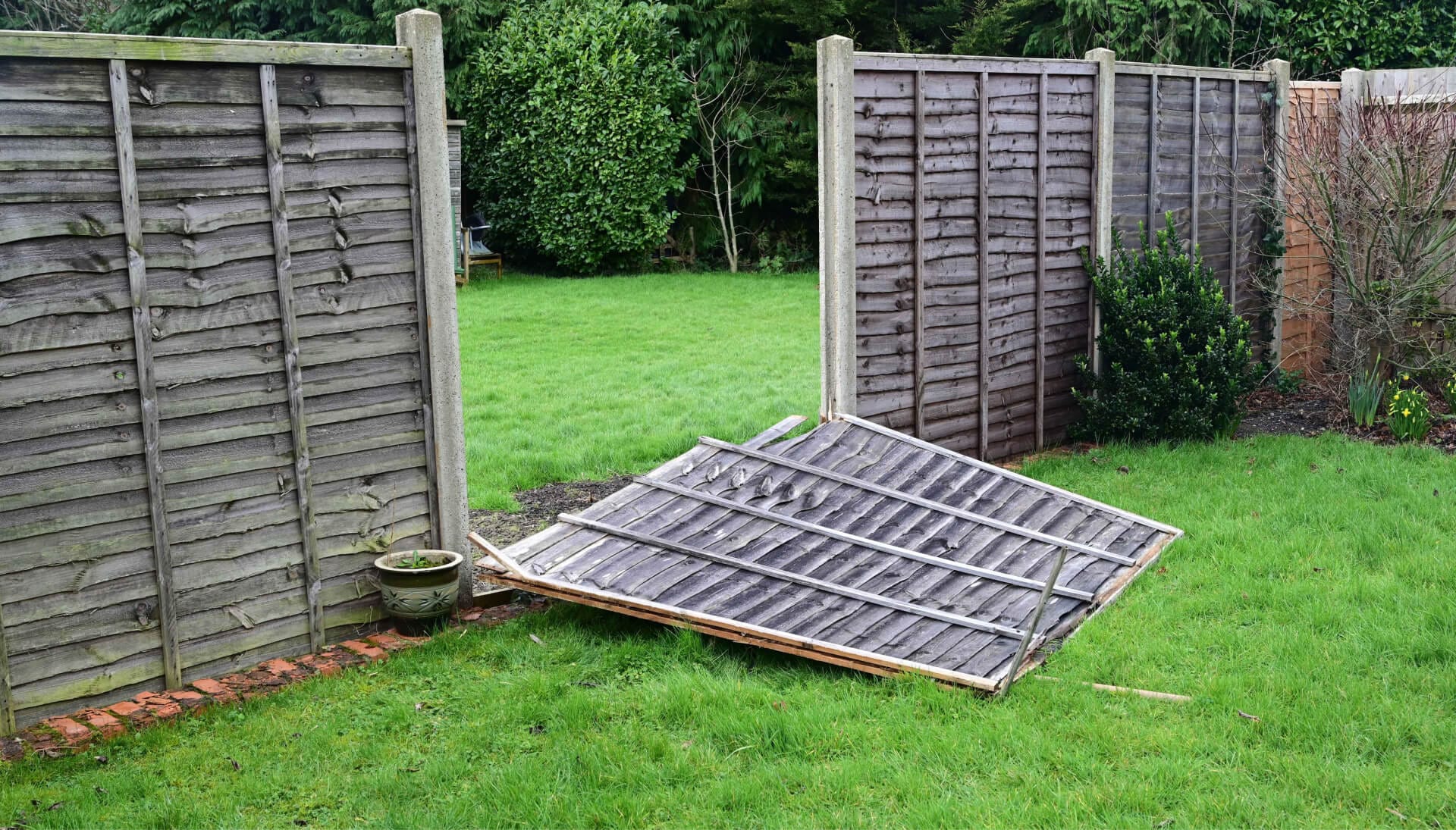
Types of residential and commercial fencing
Fencing is an important part of both residential and commercial properties. It can provide a sense of security, while also increasing the aesthetic appeal of the property. Fences can be designed to match the architecture of the property and provide a range of benefits.
Chain link fencing
Having discussed an overview of fencing options, the subsequent section focuses on chain link fencing. Chain link fencing is among the most popular and affordable types of residential and commercial fencing. It is a great solution for many applications that require a secure barrier. Chain link fencing is made from galvanized steel or aluminum wire that is woven together to form a mesh pattern. The galvanized wire can be coated with vinyl, which provides protection from corrosion and also makes it aesthetically pleasing.
Chain link fencing is ideal for containing pets and defining property lines or boundaries. It can also be used to create barriers around swimming pools, playgrounds, or other areas where children need to be protected from hazards. Additionally, chain link fencing can provide extra security for businesses by keeping out trespassers or unwanted visitors.
Due to its strength and affordability, chain link fencing has become one of the most popular types of residential and commercial fencing available today. Its versatility makes it suitable for almost any application, whether it’s providing security for a business or defining boundaries around a home. It is easy to install and maintain, making it a great choice for both homeowners and business owners alike.
Wood fencing
Wood fencing is among the most popular types of residential and commercial fencing. Its natural beauty, durability and versatility make it an ideal choice for many applications. It is available in a variety of styles and heights to meet the specific needs of any property owner or business.
For residential use, wood fencing offers a classic look that can blend with the existing landscaping or architecture. Privacy fences are commonly constructed out of wood, as they can easily be built to any height desired while still providing an attractive option. Picket fences provide a traditional look, while post-and-rail fences are ideal for defining boundaries without blocking views of the landscape.
Wood is also a great choice for commercial applications such as security fencing or enclosures around industrial equipment. With a range of styles and finishes available, wood can be used to create visually appealing security features that blend in with the surrounding area. Additionally, pressure-treated wood is resistant to rot and insect damage, making it an ideal solution for long-term security needs.
Vinyl fencing
Vinyl fencing is a popular choice for both residential and commercial properties. It is a low-maintenance, durable material that can be customized to fit any size or style of property. Vinyl fencing comes in a variety of colors and textures, making it easy to create an aesthetically pleasing fence that complements any landscape. Vinyl has become such a popular choice because it is long lasting, requires minimal care, and is resistant to warping, cracking, fading, and rusting.
When selecting vinyl fencing for a residential or commercial property, there are several factors to consider. The first factor is the type of fence desired. There are several different types of vinyl fences available including privacy fences, picket fences, post-and-rail fences, and ornamental fences. Each type offers its own unique benefits and should be chosen based on the specific needs of the property owner.
The second factor to consider when selecting vinyl fencing for residential or commercial properties is the height of the fence. Vinyl fencing can be up to eight feet tall in some applications and shorter heights are also available depending on the application needed. Additionally, many vinyl fence panels come with built-in lattice work which can provide additional privacy without blocking out light or reducing air flow.
Aluminum and steel fencing
Aluminum and steel fencing are popular choices when it comes to residential and commercial fencing. Both materials have their own advantages and disadvantages, so it’s important to weigh all the options before making a decision.
Aluminum is an ideal material for fencing as it is lightweight yet strong, long-lasting, and requires minimal maintenance. It also provides a clean look with its matte finish that won’t rust or corrode like other metals. The downside of aluminum is that it can dent easily, and repairs tend to be expensive due to the custom pieces required for installation.
Steel fencing offers superior strength and durability compared to other materials, making it an ideal choice for security purposes. Steel fences provide greater protection from intruders as they are made of heavy-duty steel posts that are difficult to damage or break into. They also come in a variety of shapes and sizes, allowing homeowners to customize the look of their fence according to their needs. The downside of steel fences is that they require regular maintenance in order to prevent rusting or corrosion, which can be time-consuming and costly over time.
There are many options when it comes to residential and commercial fencing. Careful consideration should be given to the particular characteristics of each type before making a decision on which one will meet the individual requirements of the property in question. With a little research and forethought it’s easy to find the perfect fence for any setting. If you’re thinking of having a fence installed, visit our fence network website for more information.